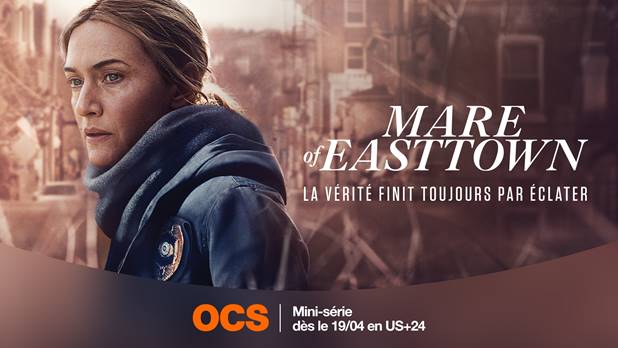At the time of #MeToo or #Balancetonporc movements, the documentary Feminists: what were they thinking? looks back at the women's movements of the 70s.Through a book of photographs, produced by Cynthia MacAdams, director Johanna Demetrakas tells the struggles of these women who wanted to change their status and change morals.
A documentary from before, still relevant
A year ago, the New York Times featured the Weinstein case and all of his deviant sexual behavior. For several days, the US Senate has confirmed the nomination of Brett Kavanaugh to the Supreme Court, also accused of sexual harassment. The United States continues to be governed by a president who is also accused of sexual assault. Did the feminists of the 70s think that our societies would evolve in this direction?

Feminists: what were they thinking? looks more at the past of these feminist women than at their current state. The film questions the demands of these women in the 70s and what they managed to change. Director Johanna Demetrakas drew on Cynthia MacAdams' vision through a panel of photographs. The photographer wanted to sublimate women through feminism. "Women looked different because of feminism, and I wanted to see if that would show up in pictures". This relevant newsreel uses portraits of these women. But also excerpts from films, testimonies of women activists who contributed to the evolution of their status during the 70s.
Be a good girl
Janes Fonda, Meredith Monk, Lily Tomlin, who posed for these photographs, tell their past and reflect on what is happening today. In addition, a wide range of women, teachers, actresses, artists, activists, are included in the documentary. Younger women, who were not yet born, share their views on the influence of that time, and the difficulties they face today. On closer inspection, the demands of 40 years ago were the same as those heard at The Women's March in 2017.

All topics are covered within the documentary. Sexism, male superiority, equality, the right to abortion, contraception, homosexuality, racism. Only transsexual women and the role they played were not included in the film. A missed opportunity for a feature film that addresses all the stereotypes granted to women due to the superiority of men.
Through their demands, their struggles, and injustice, we travel through the youth of these women, with whom we can identify. The film/documentary is poignant thanks to the use of photographs and archival film. A new way to sublimate the feminism of yesterday, still relevant today.
















![[Live Report] Rock En Seine 2024 : 20 ans et toujours aussi passionnés !](https://www.justfocus.fr/wp-content/uploads/2024/11/RES24_JOUR01_LANA-DEL-REY_LOUIS-COMAR-12.jpg)





















